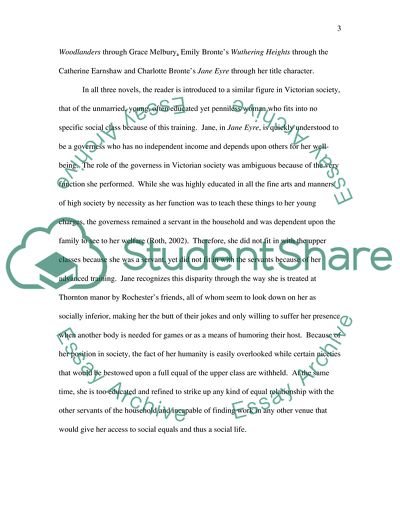Cite this document
(“Exploration into Nineteenth Century Writing : Thomas Hardy Essay”, n.d.)
Exploration into Nineteenth Century Writing : Thomas Hardy Essay. Retrieved from https://studentshare.org/miscellaneous/1550977-exploration-into-nineteenth-century-writing-thomas-hardy
Exploration into Nineteenth Century Writing : Thomas Hardy Essay. Retrieved from https://studentshare.org/miscellaneous/1550977-exploration-into-nineteenth-century-writing-thomas-hardy
(Exploration into Nineteenth Century Writing : Thomas Hardy Essay)
Exploration into Nineteenth Century Writing : Thomas Hardy Essay. https://studentshare.org/miscellaneous/1550977-exploration-into-nineteenth-century-writing-thomas-hardy.
Exploration into Nineteenth Century Writing : Thomas Hardy Essay. https://studentshare.org/miscellaneous/1550977-exploration-into-nineteenth-century-writing-thomas-hardy.
“Exploration into Nineteenth Century Writing : Thomas Hardy Essay”, n.d. https://studentshare.org/miscellaneous/1550977-exploration-into-nineteenth-century-writing-thomas-hardy.


